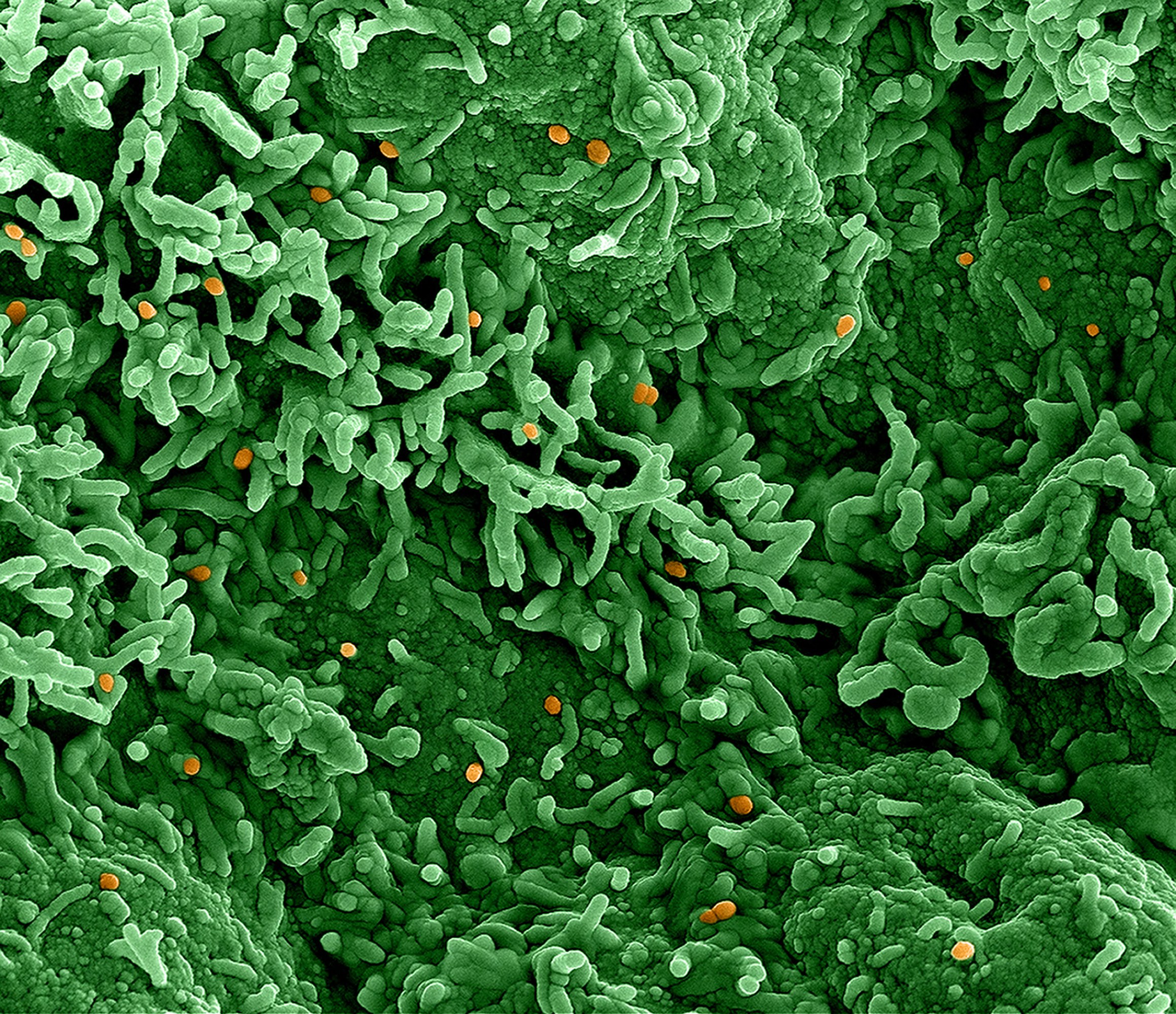Recent data suggest that the DNA of monkeypox can also be detected in a variety of bodily fluids from those infected. That includes respiratory and nasal secretions, spit, urine, feces, and semen—meaning a flushed tissue from someone with monkeypox can register the virus in wastewater.
If a pathogen’s genetic footprint can persist in wastewater for over 24 hours, SCAN can likely detect it. Covid-19 viral RNA persists in wastewater for well over 10 days. Though monkeypox DNA seems to clear the 24-hour threshold, there is no public research on how long it persists.
A question remains as to how much monkeypox DNA needs to get into the wastewater for SCAN to actually detect it. SCAN can sniff out covid from the wastewater from as few as two infected people among 100,000.
Even in a state like California, which keeps sewage and water drains separate, rain dilutes the quantity of viral DNA in wastewater. To account for that, SCAN normalizes its estimates using a virus with a well-established expected quantity—pepper mild mottle virus. Healthy humans excrete the harmless virus after eating pepper and pepper-based products, making it the most abundant RNA virus in human feces (conveniently, it’s also very stable in water).

NIAID
There is no evidence that you can contract monkeypox from wastewater itself. What drives human-to-human transmission is prolonged, close contact with an infected person that exposes you directly to their rash, bodily fluids, or respiratory droplets, according to the World Health Organization. Bedding and clothing from those with monkeypox can spread the virus too.
Monkeypox has its own vaccine. The smallpox vaccine, which the US has in its national stockpiles, also offers protection against it. But public access to monkeypox testing, treatment, and vaccines is still limited. Examining wastewater can help public health officials spot monkeypox outbreaks without widespread testing and determine where to invest resources.
Wastewater surveillance can also detect new monkeypox variants, two of which are currently circulating in the US. Virtually all of the current outbreak is driven by monkeypox’s West African strain, which SCAN has a specific test for. This strain is more infectious but far less deadly than the other strain, known as the Congo Basin clade. In recent years, monkeypox has killed 3 to 6 percent of those it infects, and it is deadlier in young children. This year monkeypox has killed three people worldwide.
SCAN is, at present, the only effort releasing data on monkeypox in wastewater. “The Bay Area is at the forefront of wastewater surveillance because we are Silicon Valley after all,” Boehm says. “But it’s not that California has monkeypox in the wastewater and noplace else does.”




